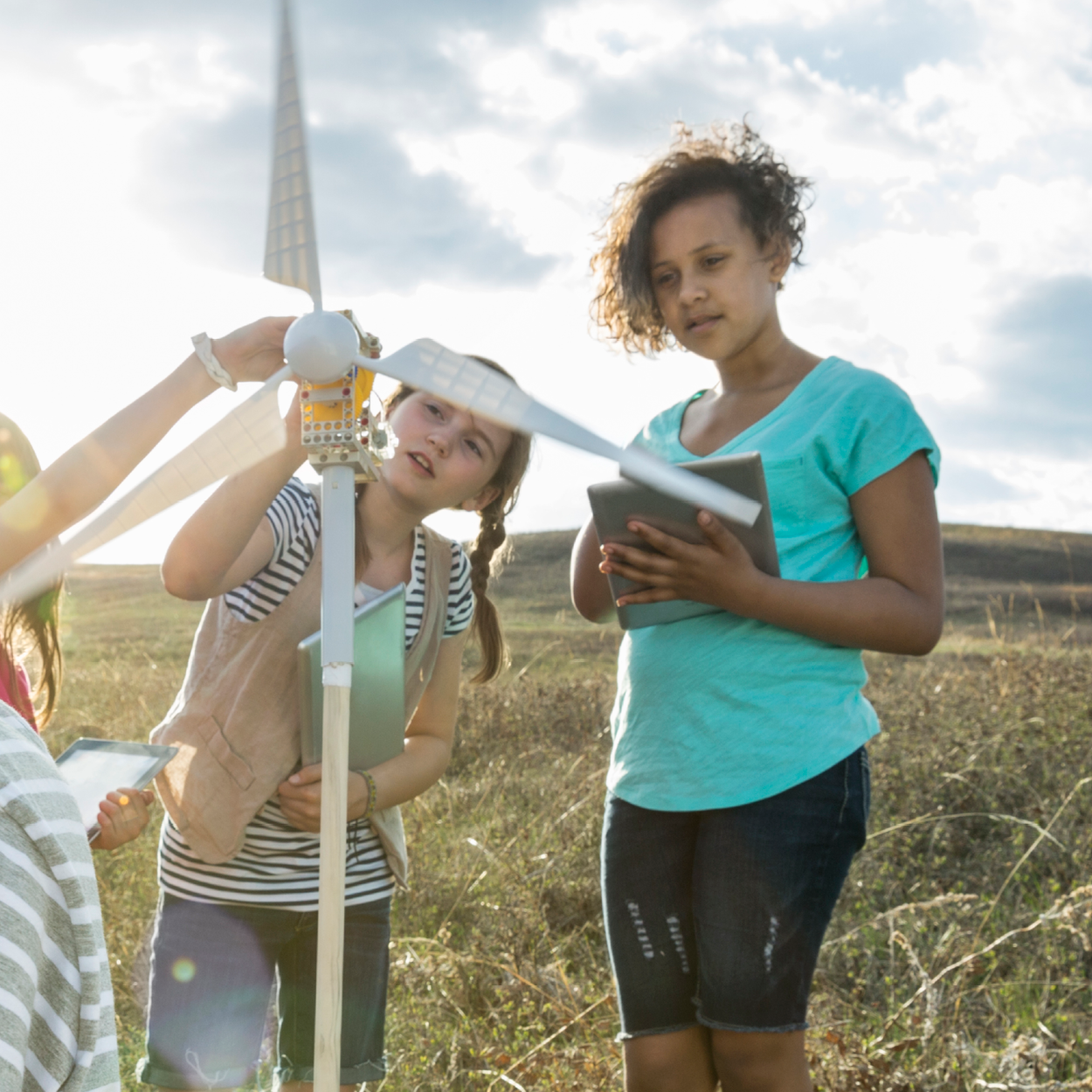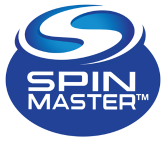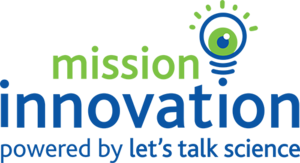Mission : Innovation is a groundbreaking interdisciplinary project that integrates global competencies. The goal of this project is to equip students with the essential skills and mindsets required to evolve into genuine innovators. Developed collaboratively by Let's Talk Science's team of educational specialists and teacher advisors from across Canada, it is based on human centered design principles which fosters curiosity and develops critical skills needed in a rapidly changing world.
The project timing is flexible, estimated to take at least 8 hours to complete the entire process from kickoff to final sharable invention. Once you complete your mission, you may choose to show it off in our virtual showcase to celebrate projects from across Canada.
Classroom Connections
-
Develop critical thinking skills as they empathize with others, and analyze and interpret information to make informed decisions
- Develop creative thinking skills as they turn ideas into action to meet the needs of a community Contribute new-to-the-world solutions to problems using unconventional thinking and experimenting with new strategies, techniques, and perspectives
- Develop dispositions that support an innovation mindset such as motivation, perseverance, risk taking and giving and receiving feedback
- Develop collaboration skills as they participate effectively and ethically in teams and learn from, and with, others
- Develop communication skills (e.g., reading and writing, viewing and creating, listening and speaking) in different contexts and with different audiences and purposes
Students will:
-
Develop critical thinking skills as they empathize with others, and analyze and interpret information to make informed decisions
- Develop creative thinking skills as they turn ideas into action to meet the needs of a community Contribute new-to-the-world solutions to problems using unconventional thinking and experimenting with new strategies, techniques, and perspectives
- Develop dispositions that support an innovation mindset such as motivation, perseverance, risk taking and giving and receiving feedback
- Develop collaboration skills as they participate effectively and ethically in teams and learn from, and with, others
- Develop communication skills (e.g., reading and writing, viewing and creating, listening and speaking) in different contexts and with different audiences and purposes
-
Develop critical thinking skills as they empathize with others, and analyze and interpret information to make informed decisions
- Develop creative thinking skills as they turn ideas into action to meet the needs of a community Contribute new-to-the-world solutions to problems using unconventional thinking and experimenting with new strategies, techniques, and perspectives
- Develop dispositions that support an innovation mindset such as motivation, perseverance, risk taking and giving and receiving feedback
- Develop collaboration skills as they participate effectively and ethically in teams and learn from, and with, others
- Develop communication skills (e.g., reading and writing, viewing and creating, listening and speaking) in different contexts and with different audiences and purposes
Students will:
-
Develop critical thinking skills as they empathize with others, and analyze and interpret information to make informed decisions
- Develop creative thinking skills as they turn ideas into action to meet the needs of a community Contribute new-to-the-world solutions to problems using unconventional thinking and experimenting with new strategies, techniques, and perspectives
- Develop dispositions that support an innovation mindset such as motivation, perseverance, risk taking and giving and receiving feedback
- Develop collaboration skills as they participate effectively and ethically in teams and learn from, and with, others
- Develop communication skills (e.g., reading and writing, viewing and creating, listening and speaking) in different contexts and with different audiences and purposes
Project Resources
The project is structured around the five phases of design thinking plus kickoff and reflection, with clear milestones to complete at each phase. Upon registering, you will receive access to the:
- Educator Guide: Project overview and seven lesson plans with teaching strategies for supporting student teams through each phase of the project and assessment suggestions
- Student Notebook: Worksheets for student teams to complete at each phase
- Student Guide: Instructions of what to do at each phase and tips for success
- Plus links to supporting resources and extension ideas!
Project Outline
| Lesson | Milestones |
|---|---|
Project KickoffStudents will be introduced to the Mission: Innovation Project, learn about innovation and what it takes to be an innovator, and will be introduced to the Design Thinking process. |
|
EmpathizeIn this phase, students will focus on understanding a user group and their problems. By the end of this phase students will have completed primary and/or secondary research about a target user group. |
|
DefineIn this phase, students will analyze and interpret the data collected during the Empathize phase. By the end of this phase students should have a clear understanding of their users and a problem statement. |
|
IdeateIn this phase, students will use creative thinking to generate ideas. By the end of this phase students will have many ideas that will form potential solutions to the user problem. |
|
PrototypeIn this phase, students will select and develop a potential solution to the problem known as a prototype. By the end of this phase, students will have a testable prototype to present to users for feedback. |
|
TestIn this phase, students will test their prototypes with users. By the end of this phase students will have actionable feedback about their prototypes that they could use to create MVPs for the Reflect and Share part of the project. |
|
Reflect and ShareIn this phase, students will analyze user feedback and identify ways to improve their prototypes. Interested students could create MVPs to share publicly. |
|
Year One Challenge: Energy
This year teams are challenged to connect their design to the theme of energy. Projects must relate to energy use, production, storage, and/or conservation in some way to be eligible for feedback from expert inventors and innovators from across Canada. Top projects will be showcased online in a celebration of youth innovation.

Project funding is provided by :

